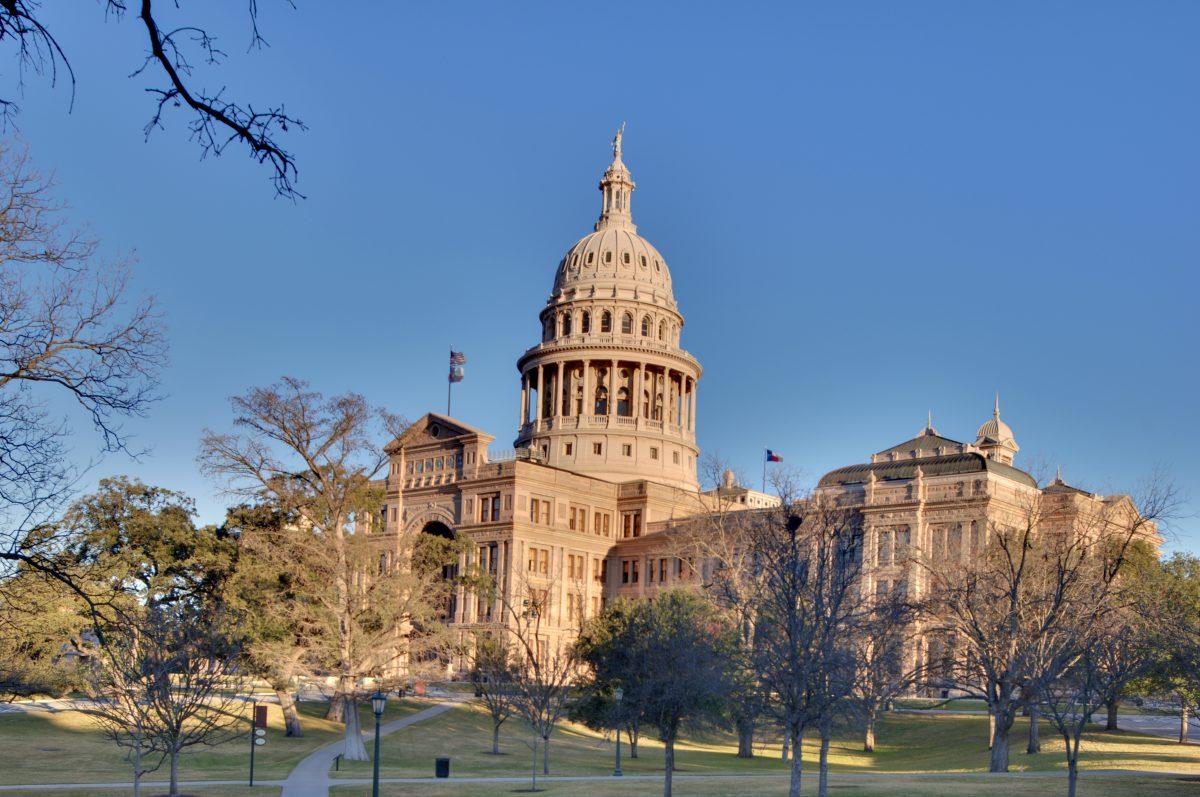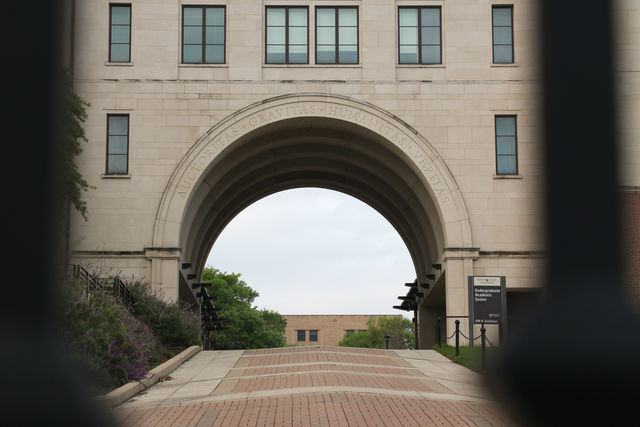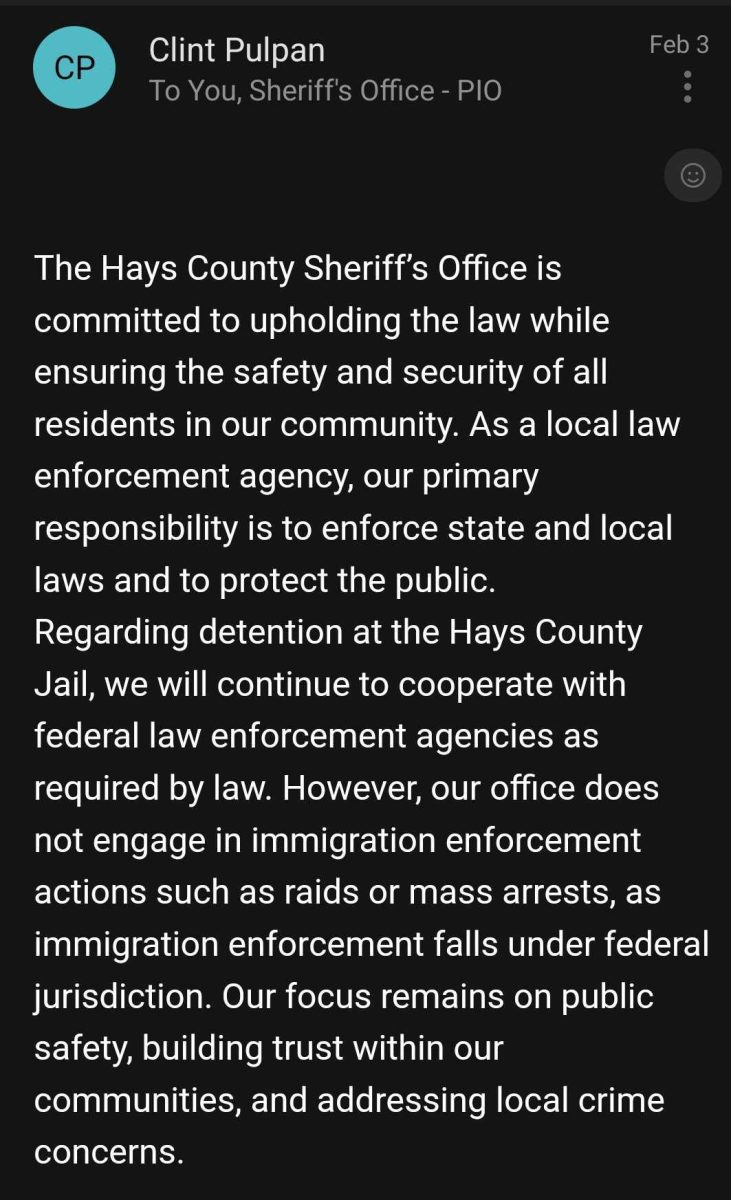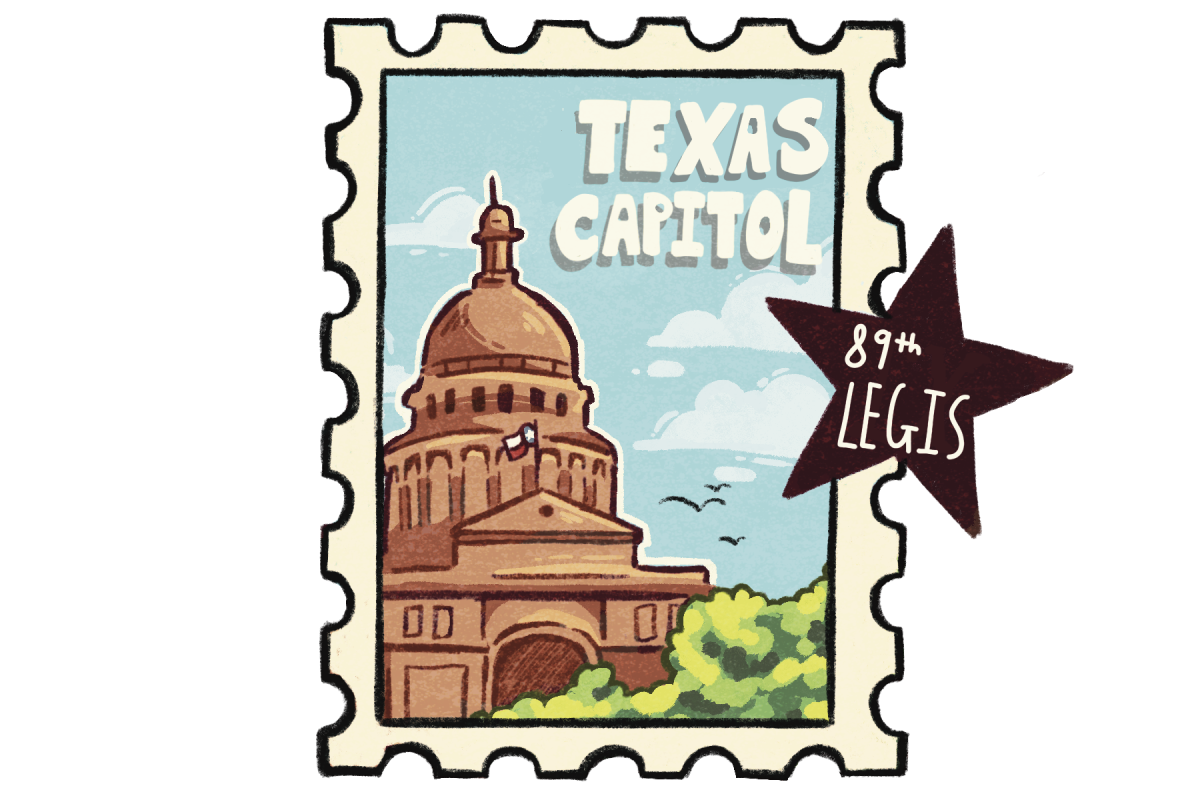Update 11 a.m. | Following the passage of this bill, the American Civil Liberties Union (ACLU) has issued a travel alert for Texas.
The alert warns visitors to expect possible violations of their constitutional rights if stopped by law enforcement, considering the bill requires officers to comply with federal government requests and bans police chiefs from urging officers to avoid asking foreigners questions regarding immigration status during detentions, which include routine traffic stops, according to the Statesman.
Lorella Praeli, ACLU director of immigration policy and campaigns released a statement May 9 addressing the situation.
“The ACLU’s goal is to protect all Texans and all people traveling through Texas — regardless of their immigration status — from illegal harassment by law enforcement,” Praeli said. “Texas is a state with deep Mexican roots and home to immigrants from all walks of life. Many of us fit the racial profile that the police in Texas will use to enforce Trump’s draconian deportation force.”
Ken Paxton, Texas attorney general, responded to the ACLU on twitter.
“My message to the ACLU is this: if you aren’t breaking the law, you have nothing to worry about,” Paxton wrote.
The law will not go into effect until Sept. 1.
In a video broadcasted through Facebook Live, Governor Greg Abbott signed a bill May 7 to ban sanctuary cities.
Abbott released a statement saying, “We all support legal immigration. It helped build America and Texas. But legal immigration is different from harboring people who have committed dangerous crimes. This law cracks down on policies like the Travis County sheriff who declared that she would not detain known criminals accused of violent crimes.”
The statement references Sheriff Sally Hernandez and her policy that limits when the Travis County jail cooperates with Immigration and Customs Enforcement detainer requests.
The bill passed will ban policies like Hernandez’s and implement fines up to $25,000 per day on the sheriff’s office if the policy continues to be followed.
Signing the bill was one of Abbott’s top four priorities for this legislative season.














